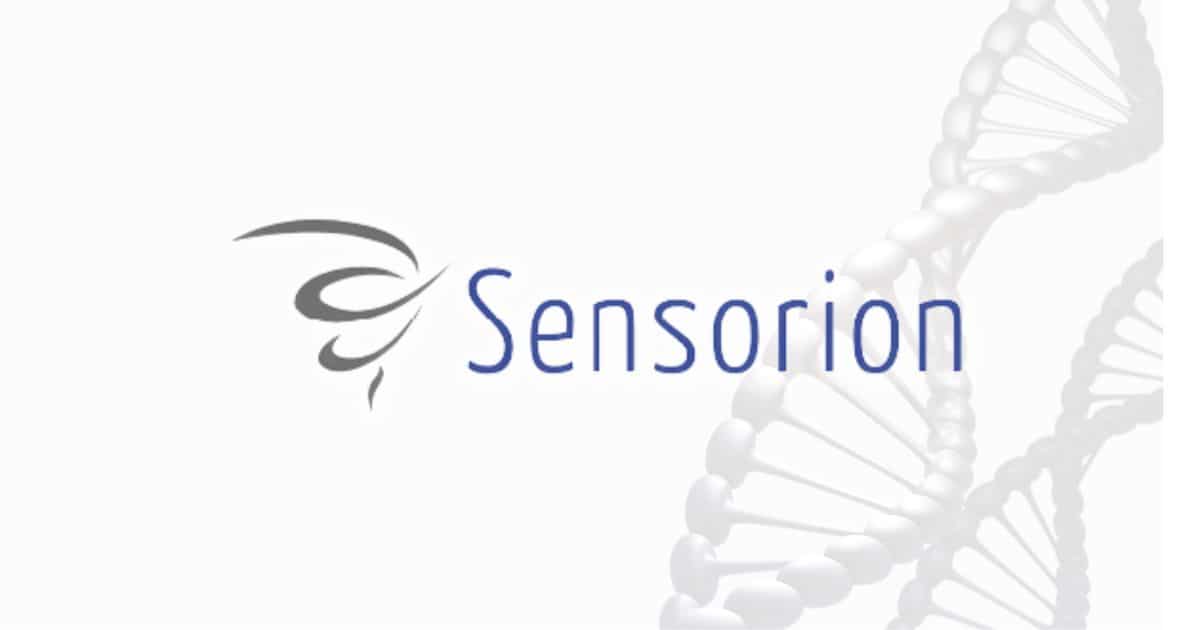MONTPELLIER, FRANCE – Sensorion (FR0012596468 – ALSEN), a clinical-stage biotechnology company specializing in therapies to restore, treat, and prevent hearing loss disorders, has announced promising data from the first two patients treated in the Audiogene Phase 1/2 clinical trial evaluating SENS-501.
This trial focuses on infants and toddlers aged 6 to 31 months who suffer from a specific form of congenital deafness caused by mutations in the OTOF (otoferlin) gene.
In the first cohort of this dose-escalation study, SENS-501 and its surgical administration were well-tolerated by the two toddlers treated. No serious adverse events were reported, and encouraging behavioral improvements were observed in both patients. Sensorion plans to host a Key Opinion Leader (KOL) event in early 2025 to provide further insights into the safety data, efficacy measures, and next steps for the trial, including discussions with the U.S. Food and Drug Administration.
Advancing the Potential for Life-Changing Outcomes
The study’s goal is to assess the safety of intra-cochlear injections of SENS-501 during the critical early years of life, when brain plasticity offers the best chance for language acquisition. Dr. Géraldine Honnet, Chief Medical Officer of Sensorion, highlighted the significance of these results:
“Today’s data confirm an excellent safety profile for the first toddlers treated with SENS-501, alongside early signs of encouraging behavioral changes. This represents an important development milestone for Sensorion and gives us confidence in the potential of SENS-501 to create a new treatment paradigm for this debilitating form of deafness.”
“Preliminary results provide satisfactory data on the safety of SENS-501. Gene therapy represents real hope for improving hearing, speech acquisition, and quality of life for children born deaf due to DFNB9 mutations.”
–Prof. Natalie Loundon, Coordinating Investigator for the Study
Sensorion expects to complete enrollment of the first cohort by the end of 2024 and begin recruiting the second cohort by mid-2025. The trial will continue to evaluate both safety and efficacy outcomes, with auditory brainstem response (ABR) as a key efficacy endpoint in subsequent study phases.
About the Audiogene Trial
Audiogene aims to evaluate the safety, tolerability, and efficacy of intra-cochlear injection of SENS-501 for the treatment of OTOF gene-mediated hearing loss in infants and toddlers aged 6 to 31 months at the time of gene therapy treatment. By targeting the first years of life, when brain plasticity is optimal, the chances of these young children with pre-linguistic hearing loss acquiring normal speech and language are maximized. The study comprises two cohorts of two doses followed by an expansion cohort at the selected dose. While safety will be the primary endpoint of the first part of the dose escalation study, auditory brainstem response (ABR) will be the primary efficacy endpoint of the second part of the expansion. Audiogene will also evaluate the clinical safety, performance, and ease-of-use of the delivery system developed by Sensorion.
About SENS-501
SENS-501 (OTOF-GT) is an innovative gene therapy program developed to treat a specific form of congenital deafness linked to mutations in the OTOF (otoferlin) gene. This gene plays a key role in the transmission of auditory signals between the hair cells of the inner ear and the auditory nerve. When this gene is defective, affected individuals are born with severe to profound hearing loss. The aim of SENS-501 (OTOF-GT) is to restore hearing by introducing a functional copy of the OTOF gene directly into hair cells via viral vector technology (AAV). By replacing the defective gene, this therapy aims to restore the normal process of converting sound into electrical signals, enabling patients to regain their hearing ability. Currently in clinical research phase, this gene therapy program represents significant hope for families affected by this rare form of genetic deafness. SENS-501 (OTOF-GT) embodies a commitment to scientific innovation in the field of hearing, with the potential to dramatically improve the quality of life of patients suffering from genetic deafness.
This gene therapy for patients suffering from otoferlin deficiency has been developed in the framework of RHU AUDINNOVE, a consortium composed of Sensorion with the Necker Enfants Malades Hospital, the Institut Pasteur, and the Fondation pour l’Audition. The project is partially financed by the French National Research Agency, through the “investing for the future” program (ref: ANR-18-RHUS-0007).
About Sensorion
Sensorion is a pioneering clinical-stage biotech company, which specializes in the development of novel therapies to restore, treat and prevent hearing loss disorders, a significant global unmet medical need. Sensorion has built a unique R&D technology platform to expand its understanding of the pathophysiology and etiology of inner ear related diseases, enabling it to select the best targets and mechanisms of action for drug candidates.
It has two gene therapy programs aimed at correcting hereditary monogenic forms of deafness, developed in the framework of its broad strategic collaboration focused on the genetics of hearing with the Institut Pasteur. OTOF-GT targets deafness caused by mutations of the gene encoding for otoferlin and GJB2-GT targets hearing loss related to mutations in GJB2 gene to potentially address important hearing loss segments in adults and children. The Company is also working on the identification of biomarkers to improve diagnosis of these underserved illnesses.
Sensorion’s portfolio also comprises clinical-stage small molecule programs for the treatment and prevention of hearing loss disorders.
Sensorion’s clinical-stage portfolio includes one Phase 2 product: SENS-401 (Arazasetron) progressing in a planned Phase 2 proof of concept clinical study of SENS-401 in Cisplatin-Induced Ototoxicity (CIO) and, with partner Cochlear Limited, in a study of SENS-401 in patients scheduled for cochlear implantation. A Phase 2 study of SENS-401 was also completed in Sudden Sensorineural Hearing Loss (SSNHL) in January 2022.
Source: Sensorion






